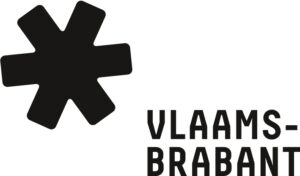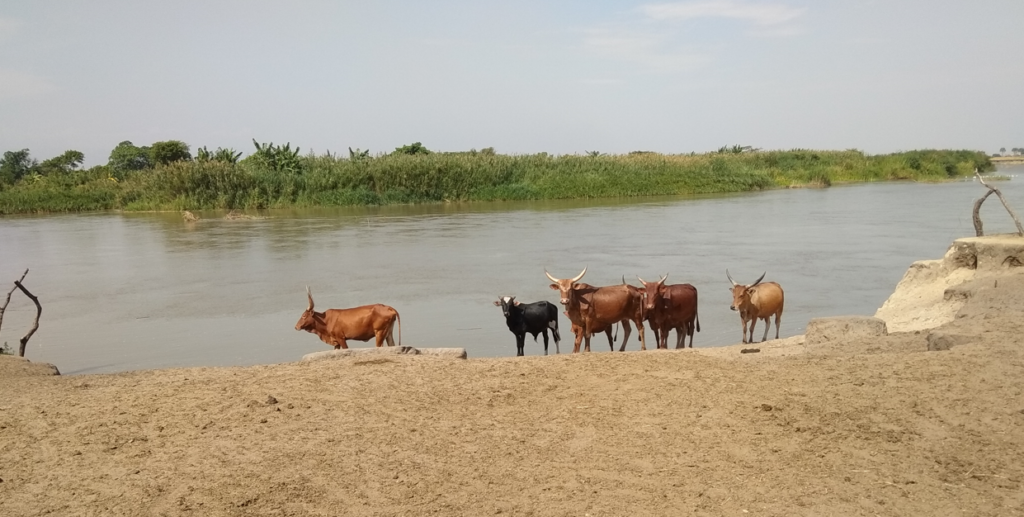Uganda – You live with your family on the banks of a large river. As a farmer and stockbreeder, this is an advantage, except when the soil and the banks are so degraded that you are forced to move. That is the situation along the Semliki, in Uganda. Together with partner organisation NRDI, we are working on solutions.
The River Semuliki catchment is located along the Rwenzori ranges, in south western Uganda covering Ntoroko District and mainly inhabited by pastoralists. Intensive cattle breeding has caused the vegetation to virtually disappear. Erosion causes banks to break and a lot of sediment, especially soil, to enter the river. The landscape here has been severely damaged. The residents also face health problems due to a lack of latrines.
From bad to worse
Changing weather patterns, such as extreme droughts and floods, have made the situation worse. In addition, people are forced to resort to agricultural practices that further deplete the available natural resources. For instance, deforestation continues and the soil becomes exhausted due to intensive agriculture.
Massive floods during the rainy season cause people to move away and, at the same time, create food insecurity among those who stay. The mental, social and economic problems also begin to weigh heavily. After all, it is difficult to see relatives leave in search of better living conditions. Those who stay lose not only income, but also pieces of land with special meaning to them, such as burial sites. During severe floods, it also happens that people pay with their lives or lose all their belongings.
Possible solutions
The local authorities are aware of the problems and are willing to look for solutions, but due to a lack of resources, this remains a challenge. Some solutions are already being implemented, others are planned:
- research into new agricultural techniques, such as drilling for water specifically for use in agriculture;
- investing more in training and education programs to promote other income that do not cause degradation. Tests are being undertaken with beekeeping and fruit growing;
- raising awareness among community members and their leaders of the need to focus on protecting and increasing the vegetation and forest cover specifically along the river buffer to save fertile land from river bank erosion;
- reducing environmental pollution in general.
Join For Water works here with its partner NRDI – Natural Resources Defence Initiatives – in a zone with just under 10,000 inhabitants.
The NRDI’s role in this cooperation consists mainly of (technical) support in reforestation and in drawing up reforestation plans: selecting tree species, running nurseries, setting up mini-irrigation points and installing sanitary facilities. In protecting natural resources, NRDI attaches great importance to community responsibility. The residents themselves participate and are responsible for the conservation and management of restored areas.
Thanks to the commitment of a strong partner, the resilience of this river basin will grow, ecosystem services will be revitalised, and people’s lives will improve.
NRDI has been a partner of Join For Water since 2017, for its activities in the Mpanga and Semliki river basins.
With the support of the province of Vlaams-Brabant.


